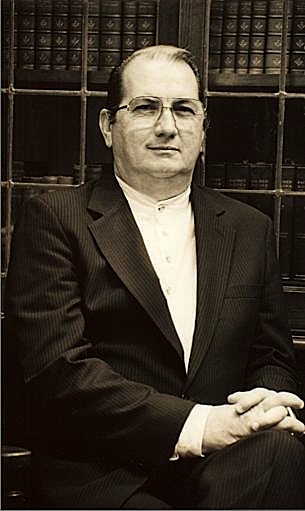So preoccupied was Weishaupt with his speculations on the government of the Sect, that all his letters written to his principal adepts are replete with his maxims and political councils. One must have heard or read them one’s self to credit the deep-laid villany of his means and his infernal policy. Here is an example:
In the same letter which I have just quoted of the 15 Asphandar 1151 he gives two rules to be inserted among the instructions of the Areopagites—The one, to be on the reserve with Candidates from among the class of the rich, because that sort of men, proud, ignorant, averse to labour, and impatient of subordination, only seek admission to our mysteries in order to make them an object of ridicule and mockery; the other, not to take the smallest pains to prove, that Illuminism is in the sole possession of the true Masonry, because the best possible demonstration is to give none. Let Weishaupt himself explain a third law, which is to make a part of his political collection.
“That we may be uncontrolled in our discourse, let our pupils remark, that the Superiors enjoy a great latitude in that respect; that we sometimes speak in one way, sometimes in another; that we often question with great assurance only to sound the opinions of our pupils, and to give them an opportunity of showing it by their answers. This subterfuge repairs many errors. Let us always say, that the end will discover which of our observations conveys our true sentiments.—Thus we may speak sometimes in one way, at others in a quite different one, that we may never be embarrassed, and that our real sentiments
p. 527
may always be impenetrable to our inferiors. Let this be also inserted in the instructions, etiam hoc inseratur instructioni. It would still have a better effect, if you gave in charge to our Major Illuminees to vary their conversation with their inferiors, for the above reasons, ex rationibus supra dictis.” These insertions of Latin are from Weishaupt, who frequently makes use of that language in his letters. It is immediately after having given these principles of government to the Areopagites, the chief superiors of his Illuminism, that Weishaupt adds, “I entreat that the maxims which are so often to be found in my letters may not be lost. Collect them for the use of our Areopagites, as they are not always present in my mind. With time they might form an excellent political degree. Philo has long since been employed about it. Communicate also your private instructions to each other, which may in time grow into an uniform Code. Read them attentively, that they may become familiar to you. Though I know them well and practise them (und auch darnach handle) they would take me too much time to digest them systematically. These maxims once engraved in your mind, you will enter better into my plans, and you will proceed more conformably to my mode of operation.” 2
Let the reader also profit of these instructions. They must bear evidence in my behalf while revealing all the monstrous artifices of the remaining part of the Illuminized Code. From these long meditated combinations, sprang forth that chain of laws which was to direct each Illuminée in all his proceedings.
We first remark in this government, as a means of subordination, a general division of command, as well as of locality. Each department has a particular Lodge for its adepts; each Minerval Lodge has a Superior from among the preparatory class, under the inspection of the intermediary class. In the second place, we find the division into districts which contain several Lodges, all which as well as the Prefect are under the direction of the superior of the district whom the Order calls Dean. He is also subjected to the Provincial, who has the inspection and command over all the lodges and deanries of the province. Next in rank comes the National Superior, who has full powers over all within his nation, Provincials, Deans, Lodges, &c. &c. Then comes the supreme council of the Order, or the Areopagites, presided by the real General of Illuminism.

Moe is the founder of GnosticWarrior.com. He is a father, husband, author, martial arts black belt, and an expert in Gnosticism, the occult, and esotericism.





